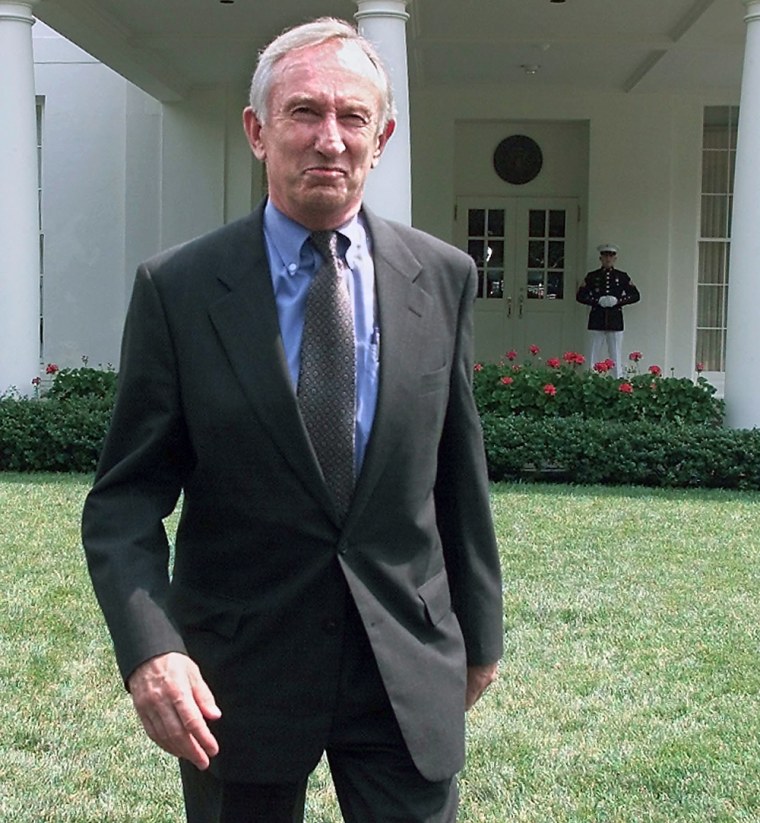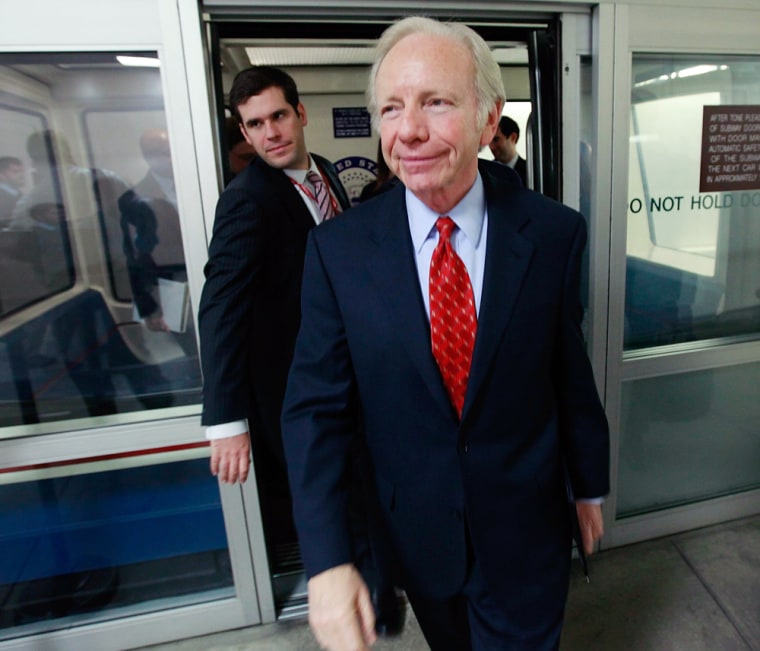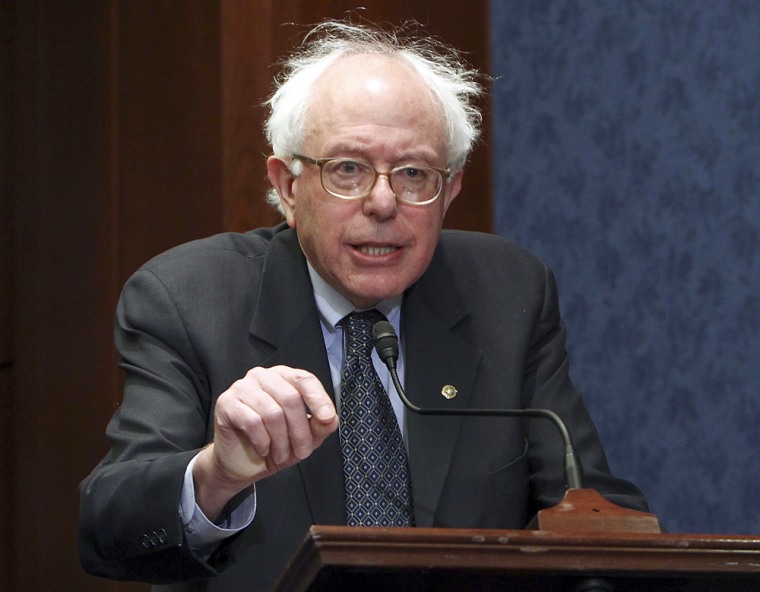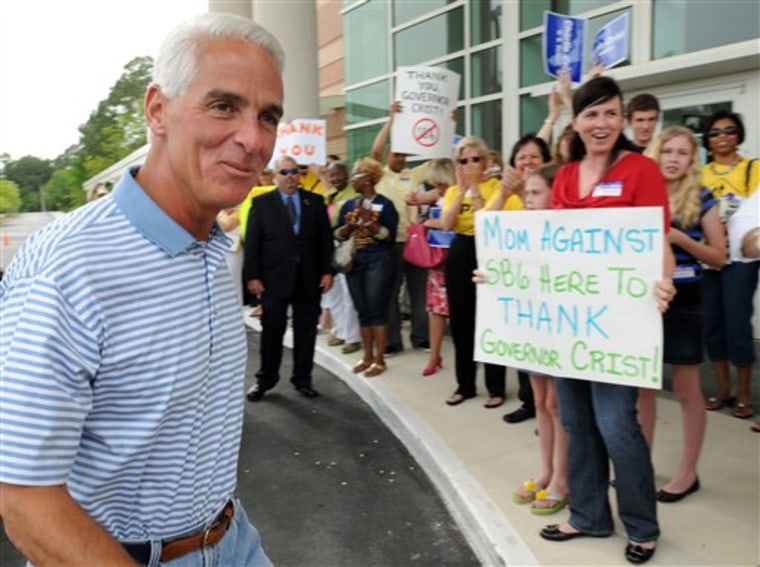Florida Gov. Charlie Crist’s decision to run as an independent in the state’s Senate race sets up one of the most compelling election contests of 2010. If Crist prevails in the three-way contest, he will join the small club of independents who have served in Congress’s upper chamber. Here are some other lawmakers who are counted among that rare breed.
Harry Flood Byrd, Jr., Virginia
Byrd was heir to the political dynasty begun by his father, Harry Flood Byrd, Sr. who served as senator for more than 30 years. When the elder Byrd resigned from the Senate in 1965 due to ill health, his son was appointed to take his father’s seat.
At first Byrd served as a Democrat, but left the party in 1970, partly because he feared he might be defeated in a primary. He rebuffed efforts by President Richard Nixon to join the Republicans and continued to caucus with Senate Democrats. He was the first senator to be elected and then re-elected as an independent.
Jim Jeffords, Vermont
As a Republican, Jeffords was elected to the Senate in 1988 and won reelection in 1994 and 2000. He announced in May 2001 that he was exiting the GOP.
His defection gave Democrats control of the Senate. Jeffords had always had a liberal to centrist record, voting in 1991 against confirmation of Supreme Court Justice Clarence Thomas, one of only two Republicans to do so.

His support for the Iraq war alienated many Democrats in Connecticut and an anti-war candidate Ned Lamont challenged Lieberman in the 2006 primary. Lamont won the primary, but Lieberman got on the ballot as an independent and easily won re-election that November.
In 2008, he campaigned for Republican presidential candidate John McCain, but after the election, Senate Democrats let Lieberman remain chairman of the Homeland Security Committee. “Joe Lieberman is a Democrat, he’s part of this caucus,” said Senate Majority Leader Harry Reid.

Morse was one of only two senators to vote against the 1964 Gulf of Tonkin resolution which authorized President Johnson to wage war in Vietnam. Morse lost his seat in 1968 to Republican Bob Packwood.

George Norris, Nebraska
In 1912, Norris was elected to the Senate as Republican. Unlike most Republicans, he was a strong ally of labor unions. He broke ranks with the Republican Party in 1932 to support Democrat Franklin Roosevelt for president.Working with Roosevelt, Norris helped create the Tennessee Valley Authority. In 1936, Norris ran as an independent and was returned to the Senate for one more term.
Bernard Sanders, Vermont
Sanders was elected to the Senate in 2006 after serving 16 years in the House of Representatives. He is the longest serving independent member of Congress in American history. He caucuses with the Senate Democrats, as does his fellow independent Joe Lieberman.
Msnbc.com's Tom Curry contributed to this report.
